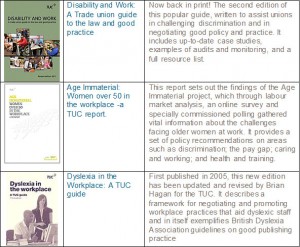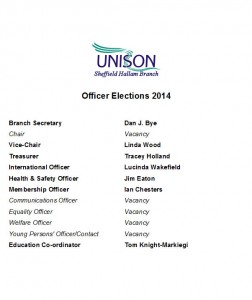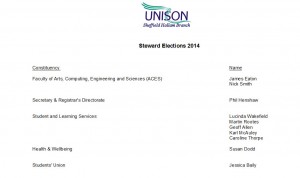Do you take a regular lunch break away from your desk?
In a survey of 1000 people half of them claimed they were too busy to take a break for lunch. However, Emma Donaldson-Fielder, a chartered occupational psychologist advises that working through your lunch can be counter-productive. “As a general rule, taking at least 30 minutes away from your desk will help you be more effective in the afternoon,” she says. “A break is an opportunity to relax and think of something other than work.”
In the survey, half of those who skipped lunch breaks said that they felt irritable, stressed and ineffective all afternoon as their energy flagged. The conclusion is that businesses could be losing millions of pounds in lost productivity because their workforce is burning out.
Additionally, we could be unwittingly damaging our emotional life and our health. “We’re working so much on computers that we’re not having eyeball-to-eyeball contact with colleagues,” says Cary Cooper, professor of organisational psychology and health at Lancaster University. “Lunch breaks are an opportunity to talk to colleagues, build teamwork and create a synergy for generating ideas, and this is even more vital in a recession when fewer people are having to do more work. As it is, we’re emailing people who sit five desks down from us and we’re scared to leave the office for an hour because we know there will be 20 emails awaiting us on our return.”
UNISON takes workplace stress seriously and taking a break at lunch time is one way we can reduce our stress levels. Please answer this short survey https://www.surveymonkey.com/s/PTV7WPF so that we can get a picture of what is happening at SHU (it should take no more than a few minutes).









